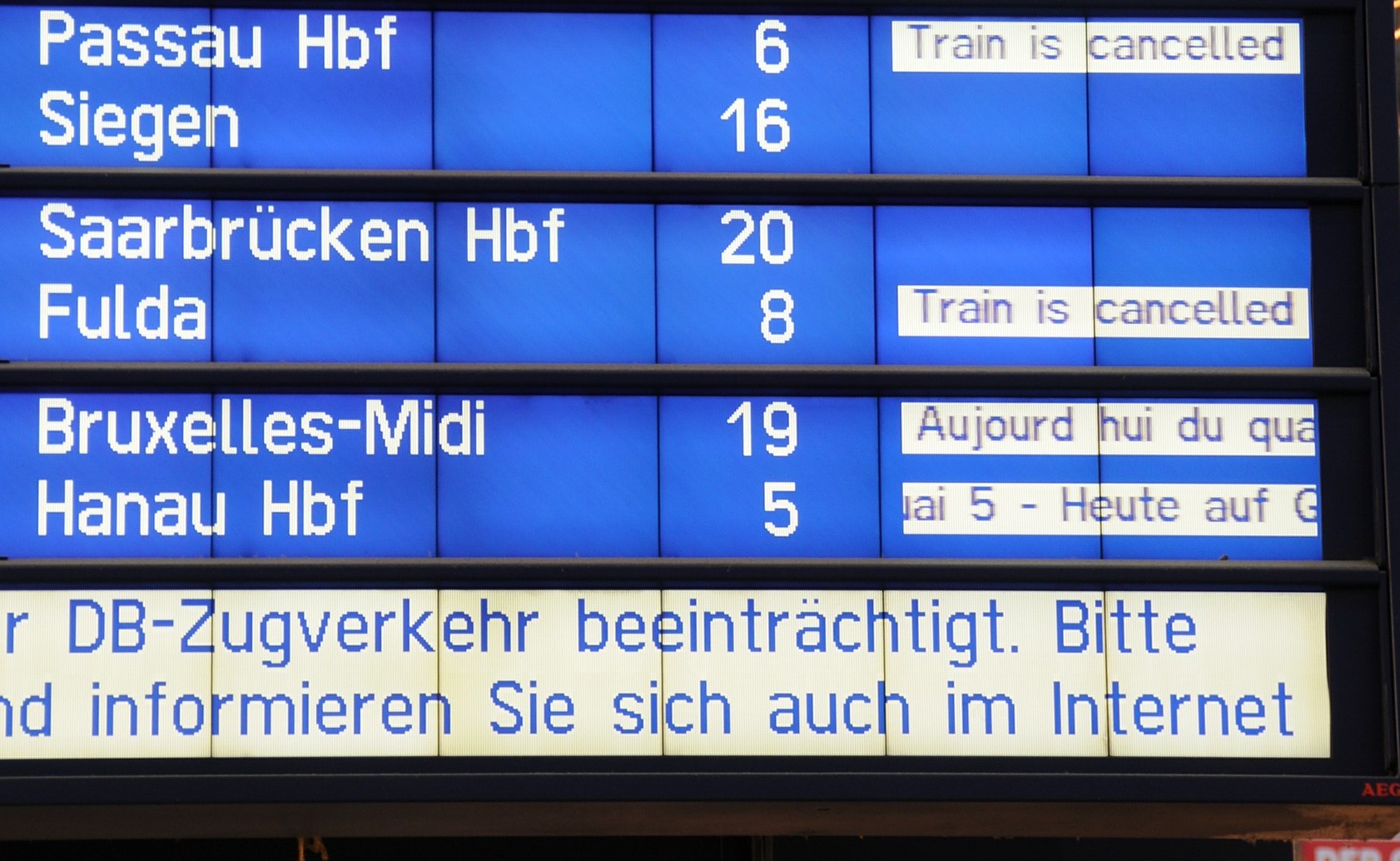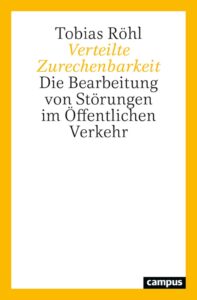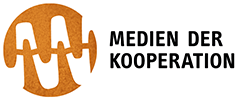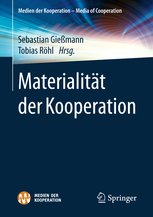A04 - Normal Interruptions of Service. Structure and Change of Public Infrastructures – Phase 2
Research focus of the 2nd phase (2020 – 2023)

Principal Investigators:
Researchers:
Associated Researchers:
Using public transport as an exemplary case, the project investigates media and modes of cooperation in situations of infrastructural breakdown. Analyzing technical breakdowns reveals how infrastructures and publics are related. In doing so, a plurality of normative orders and their mediation by and for different actors is made visible.
While the first phase focused on the operational practices of dealing with disruptions, the second phase traces the temporal extension of transportation management. Making use of digital data practices transportation management is increasingly temporally extended to the prelude and aftermath of disruptions. Accordingly, three temporal modes of transportation management will be analyzed in the second phase: before, during and after the breakdown. Before disruptions occur, we find anticipating sensory media allowing to detect disruptions at an ever earlier time. During disruptions passengers are informed about delays almost instantaneously via apps on their smartphones. The time after the disruption is prolonged even further by new digital means of customer complaint and automated collection of data allowing organizations to evaluate and readjust their own practices. The project investigates the interplay of these different modes of dealing with disruptions scrutinizing the heterogeneity of normative orders.
Current job posting
Research Associate - Social Sciences
Application until October 09, 2022
More info
Publications
Featured
Public transport disruptions are nerve-wracking. But where do you complain when the train is cancelled? To the staff on the spot or directly to the company? An ethnographic look at the disruption management of public transport companies shows: Neither strategy is helpful on its own. Drawing on research on accountability and technical infrastructures, the organizational ethnographic study traces how questions of accountability are technically mediated and shifted back and forth between different actors. This "distributed accountability" cannot be located in single individuals, but is found in the interplay of different actors, in the processes and practices of incident management.

Tobias Röhl, 2022. Verteilte Zurechenbarkeit. Die Bearbeitung von Störungen im Öffentlichen Verkehr. Frankfurt; New York: Campus.
FAZ Interview von Uwe Ebbinghaus mit Tobias Röhl (01.08.2022) "Wir bitten, dies zu entschuldigen..."
zum Artikel
WDR 5 Interview von Thomas Koch mit Tobias Röhl (29.08.2022) "Die Entschuldigungen der Deutschen Bahn"
zum Beitrag



